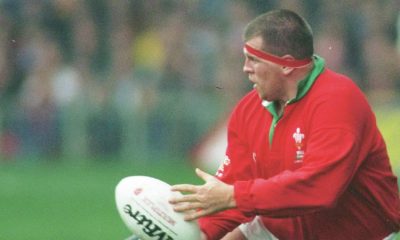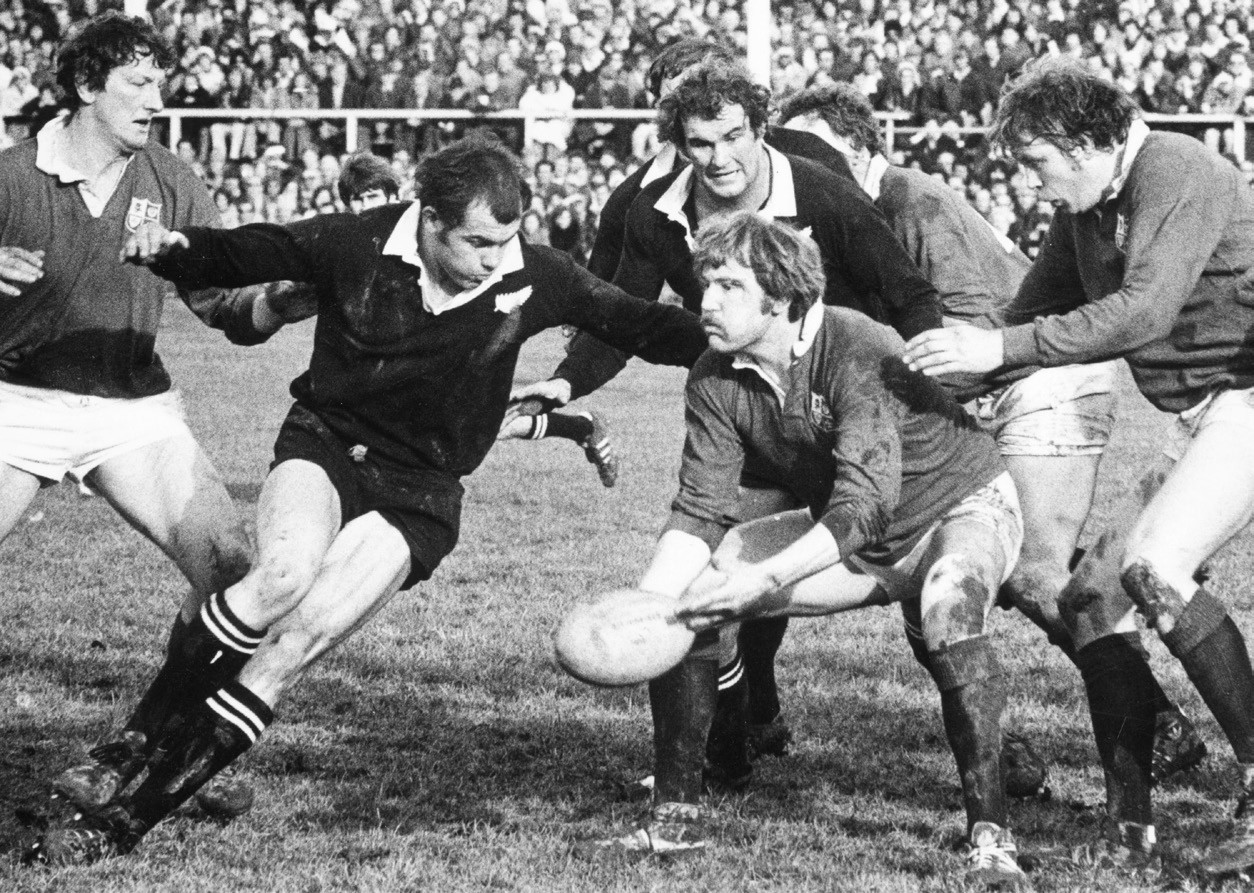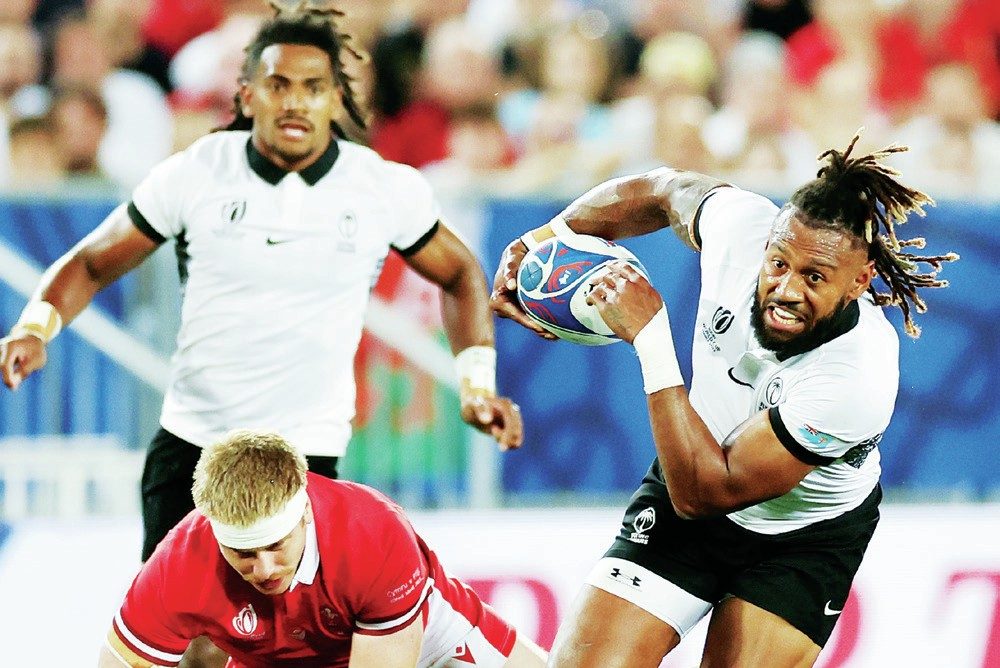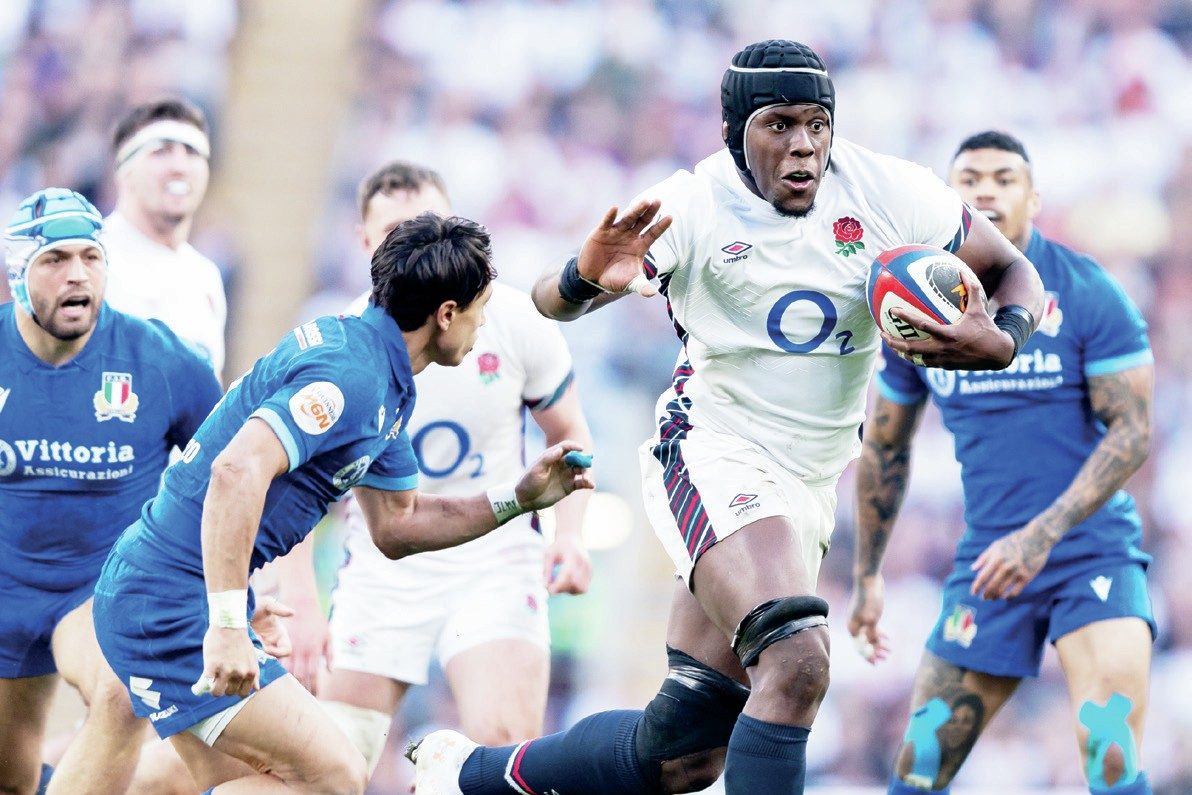
 Warren Gatland made a strange announcement last Tuesday over the resurrection of the Welsh trial match, buried long ago with other traditional fixtures beneath the stampede of professionalism.
Warren Gatland made a strange announcement last Tuesday over the resurrection of the Welsh trial match, buried long ago with other traditional fixtures beneath the stampede of professionalism.
For reasons perhaps known only to him and his kitchen cabinet, the Wales coach named six English-based players for the Probables v Possibles match, confirmed at almost indecently short notice nine days ago for Swansea on Friday May 30.
No sooner had the word got out than the English clubs’ umbrella organisation, Premier Rugby Ltd, pointed to a well-thumbed page in their rule book, the one that prohibits release of their players to any country for any match outside the Test match windows as fixed by the IRB.
The Welsh management ought to have known that. Given the ruckus over Northampton releasing George North for the out-of-window Wales-Australia match last autumn and the Saints’ subsequent £60,000 fine, it beggars belief that Gatland and his team did not know the rules.
Premier Rugby’s revelation that they made their policy clear in response to a request from the WRU indicates that they knew full well. Such a request revealed something else, a failure by Wales to acknowledge that their hastily arranged trial clashed with some slightly bigger fixtures in England.
When Gatland named his squads, three of the six earning their corn across the border – North, Owen Williams of Leicester and the Saracens prop Rhys Gill – were hoping to have been otherwise engaged on May 30 – preparing for the Aviva Premiership Grand Final at Twickenham the following day.
The first leg of the RFU’s Championship play-off final for a place in the Premiership takes place on May 29. Again Wales ignored the potential clash and picked Ryan Jones, conveniently overlooking the fact that his new club, Bristol, had been made odds-on favourites to win it.
Why, having consulted Premier Rugby as the London-based body pointed out, did Wales go ahead with the selection of the English Six? Gavin Henson, for one, has probably asked himself the same question in the light of subsequent events.
Henson and his Bath team-mate, Paul James, had both been chosen. Ironically they, unlike the Welsh based players whose season came to an anti-climactic end last week, have one big match still to come, the Amlin Cup final against Northampton in Cardiff on May 23.
When it comes to cramming as many Test matches into their schedule as possible, none of the home Unions crams in more per season than Wales. Why when they pay scant regard to the consequent disruption to club preparations should the clubs go out of their way to play ball when they are under no obligation to do so?
Having been on the other side during his time at Wasps when he turned them into champions of England and Europe, Gatland will not need to ask himself the question.
The Machiavellian nature of Welsh rugby, as evident week upon weary week during the protracted war waged by the Union against their four Regional teams, ought never to be under-estimated.
Perhaps the political affliction has proved contagious. Perhaps Wales needed another political football, an old one which allows them to dust down and kick around the notion of ‘Gatland’s Law’.
Surprise, surprise, that’s just what Gatland has done, reviving a theory, enthusiastically embraced by WRU chief executive Roger Lewis, that ‘any 50-50 calls’ between a player based in Wales and a rival in employment elsewhere ‘would go to the home-based player’.
One player, and one only, suffered – Dwayne Peel despite assurances that he would not be affected because his transfer from the Scarlets to Sale had been negotiated before the advent of Gatland’s Law.
Peel’s exclusion, in my opinion, had nothing to do with the fact that he found his bread buttered better in Lancashire and everything to do with the Welsh management preferring to pick just about everyone else at scrum half – Mike Phillips, Gareth Cooper, Warren Fury, Martin Roberts, Richie Rees, Tavis Knoyle, Lloyd Williams, Rhys Webb, Rhodri Williams.
None of Peel’s fellow Lions have been cast out as a result of relocating outside Wales. Gatland’s Law has never been applied to any of them for the simple reason that Gatland himself would not want the enforcement of a law with the potential to make Wales a softer touch.
England, rightly or wrongly, under Stuart Lancaster have at least made a stand on the same issue. They have steadfastly refused to pick any of their French contingent, including the match-winning Armitage brothers at Toulon.
Yet Gatland saw fit last week to revisit the subject by warning that “we might potentially have to review the policy of picking English-based players if they are not available”.
They are available but not at the drop of a hat. Wales, the only home Union to play four Tests every autumn, do so knowing that those earning a bigger crust elsewhere are always liable to miss the fourth Test because the automatic release clause does not apply. So what?
The players, after all, are employed by the clubs not that they will see much of them next year with months off on national duty for the World Cup. Is Gatland seriously asking the fans to believe that Wales won’t pick Jamie Roberts or any of the other ‘foreign’ legion?

























You must be logged in to post a comment Login